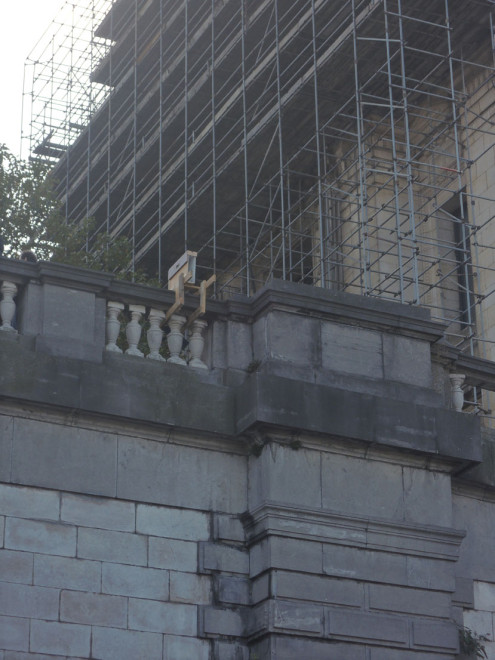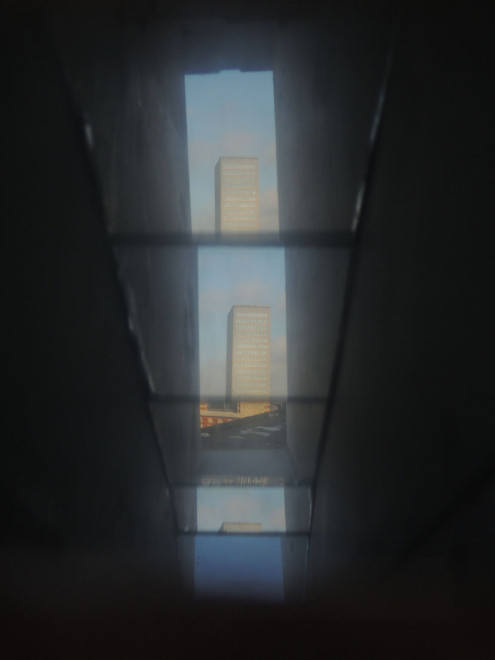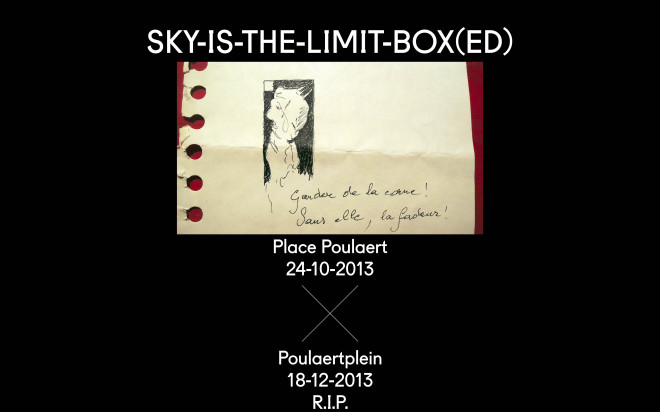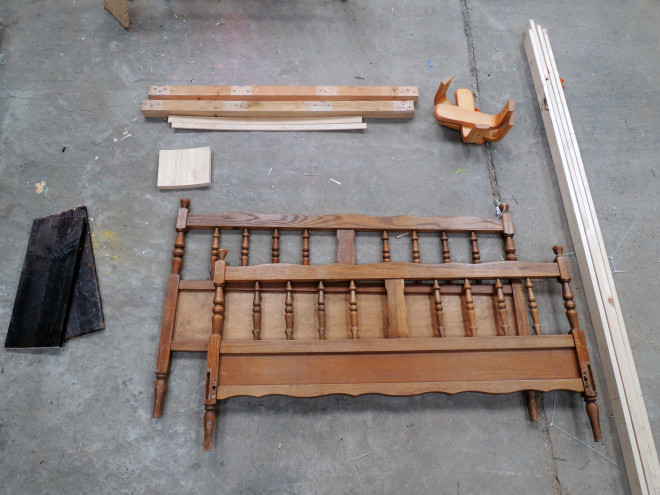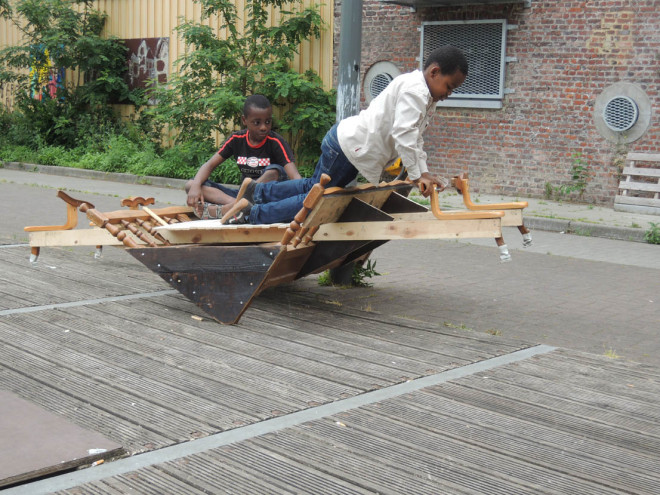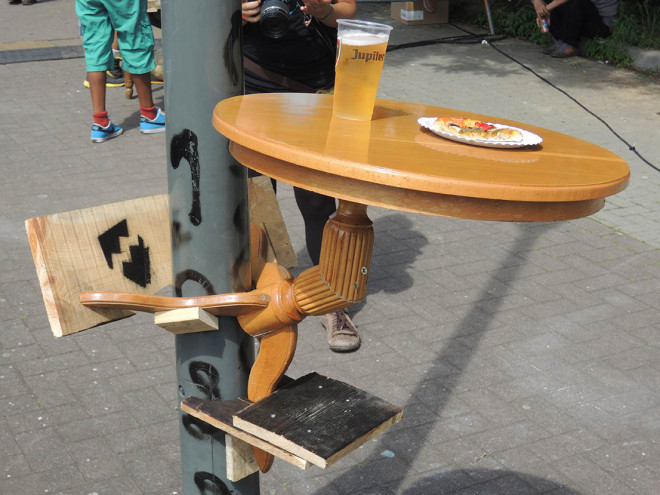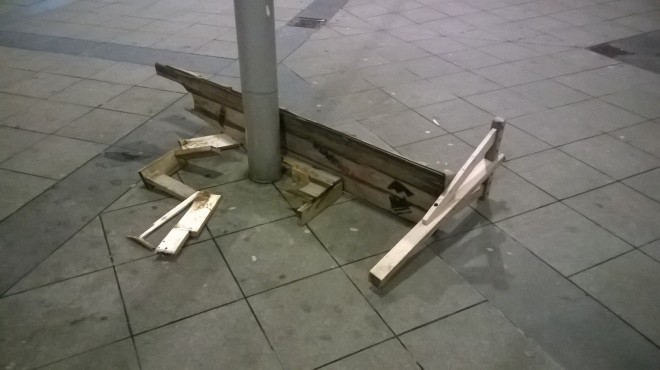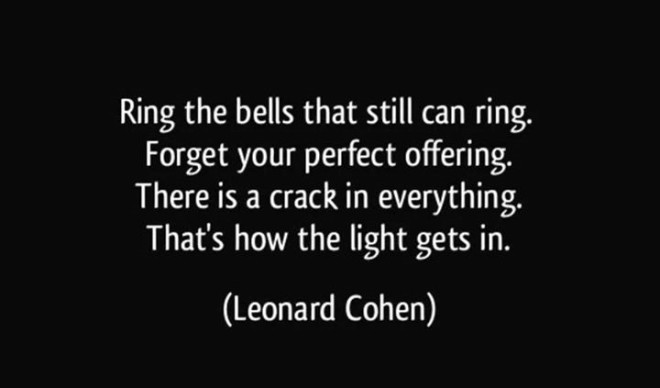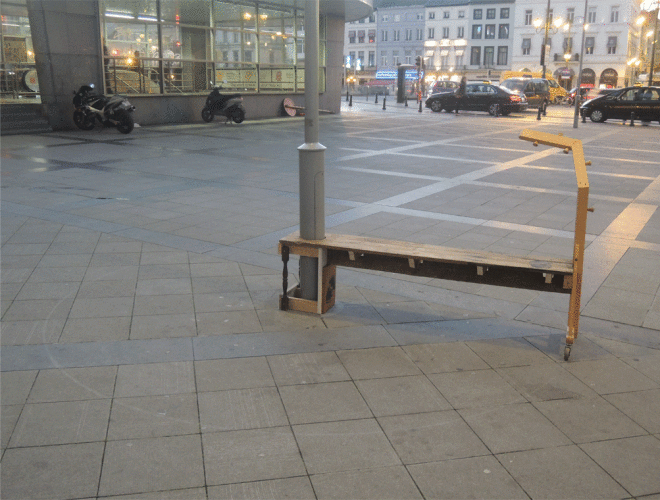Bxl swings in the cracks
The strongly hierarchical macro-structures that rule our society and contemporary cities are founded on the desire of total control and organization. This “genetic bug” of our modern world leaves behind a lot of opportunity for creativity and free expressions. It is in the cracks of our over-complex society that lay the opportunities to stimulate a debate between the different actors of the urban space. The insertion in some strategic but forgotten urban space in European cities of small design interventions will have the multiple intentions of provoking a reaction both from citizens and from the institutions and at the same time revitalize a blind corner of the city.
BXL swings in the cracks use the cracks of our over-complex society as opportunities. The insertion in some strategic but forgotten urban spaces of small design interventions has the multiple intentions of provoking a reaction both from the citizens and from the institutions and at the same time to revitalize a corner of the city. Simple building techniques and low costs recycled materials, together with a strong effort in prefabrication, in order to reduce the time of building on site, are the conditions in which the project is develop.
As architects often everything goes too slow: dealing with the institution and the planning of the city, sticking to the slowness of the politician’s agendas result often in drying the ideas and the creativity of people. Dealing with the bureaucratic monster and the obsession for rules and control is often an obstacle that discourages local initiatives: “guerrilla” strategies becomes a more efficient answer for the free expression of the citizens, urban hacking, just as the street art, is the natural answer of the small individual, against the gigantic multiple-headed administrative structures.
On the other hand, the citizens become more and more often passive elements of the “system”, they don’t feel any connection and relation with the urban spaces that they live in every day, they feel no commitment towards their cities and their streets, they assume that there is always someone else that will decide. The different interventions try to involve and develop, even in a provocative way when necessary, the relation with the neighborhood, its history and its people. We try to establish a platform for confrontation; we pose a question without necessary give an answer.
Have a look at the project page
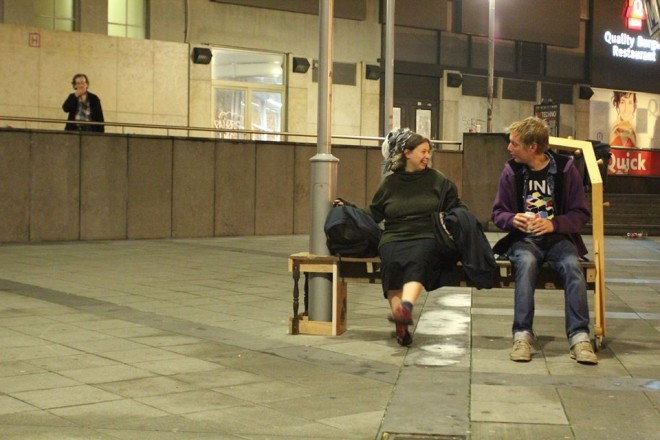
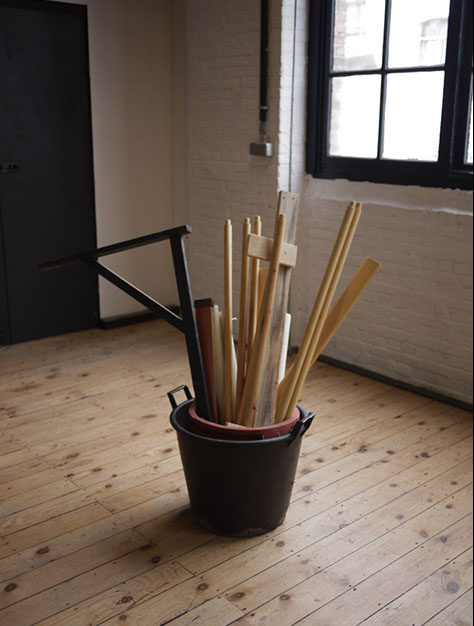
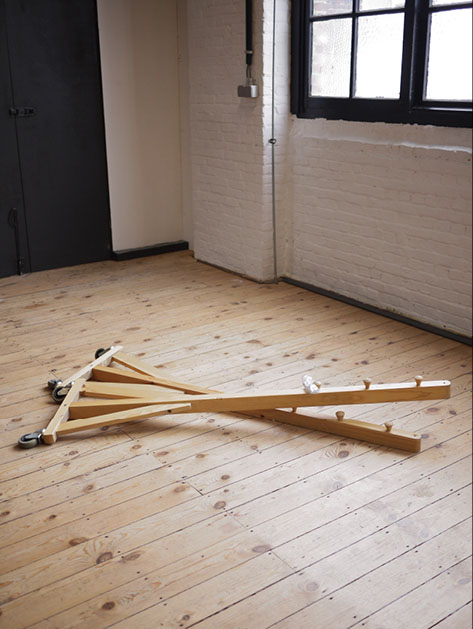
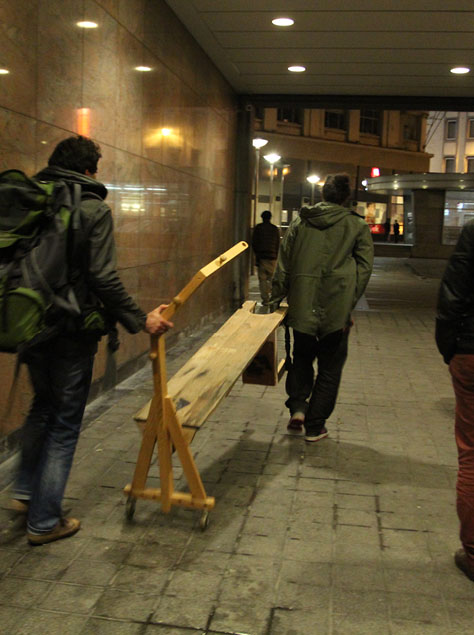
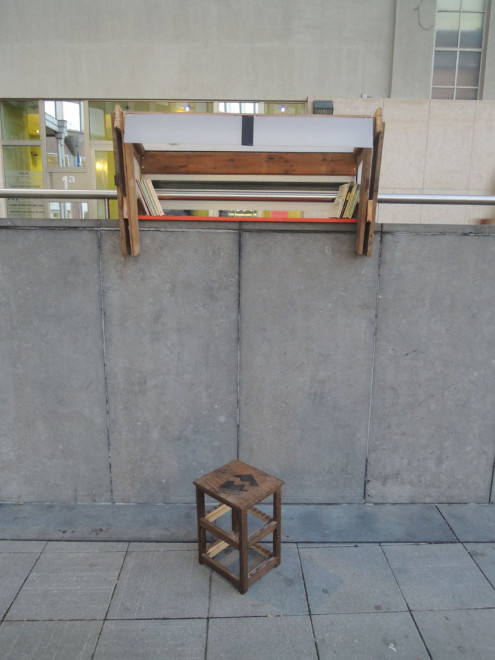
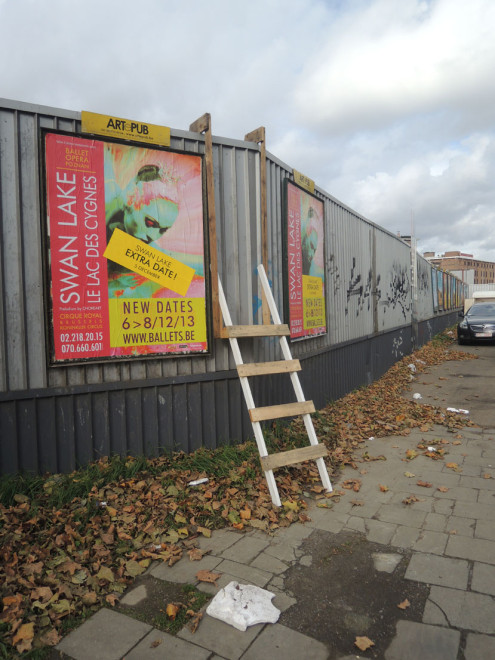
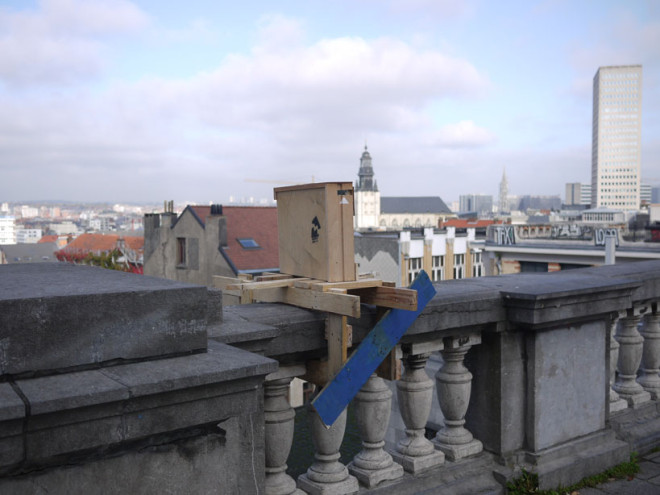
kaleidoscope
